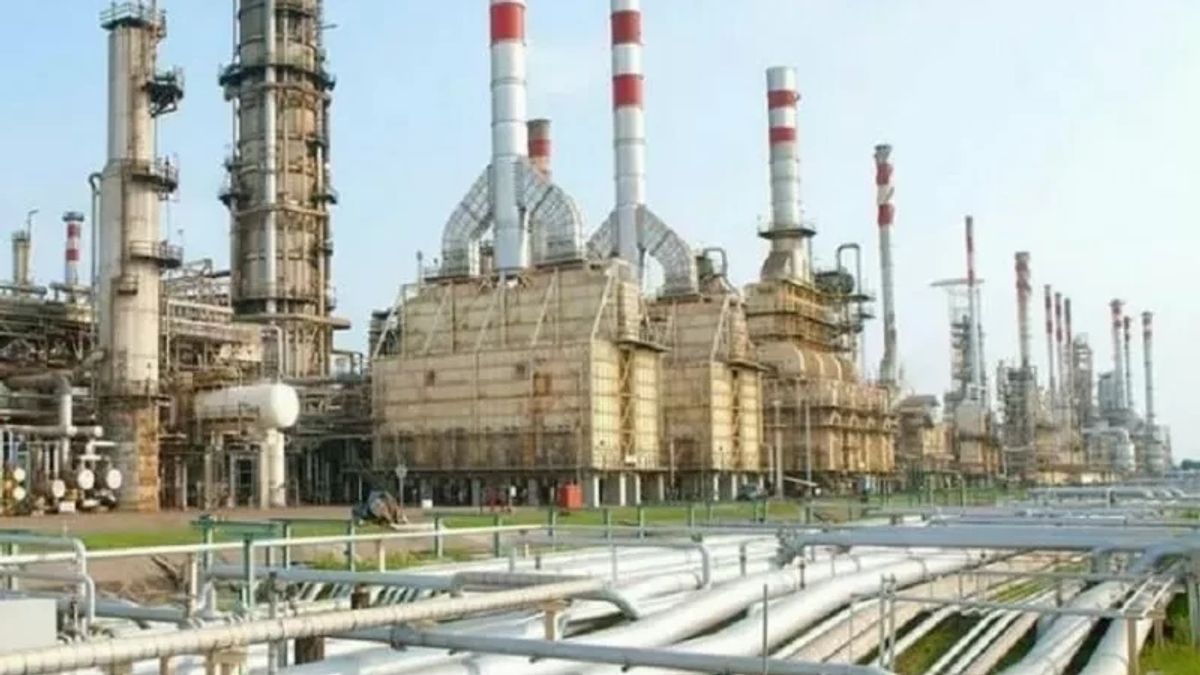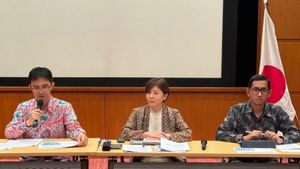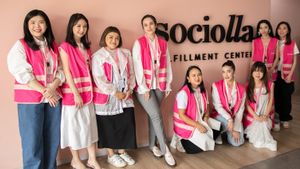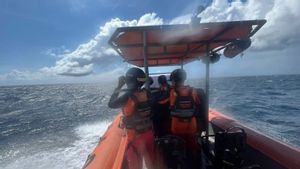JAKARTA - Japan and Australia announced the launch of the hydrogen supply chain. This is for zero emissions.
The announcement comes as the two countries and Southeast Asian countries gather for the first meeting of ministers to discuss reducing carbon emissions in the region.
In a video message for a meeting discussing the framework of the Asian Zero Emissions Society (AZEC), an initiative proposed by Japan, Prime Minister Fumio Kishida said hydrogen could be an energy source, especially in areas prone to natural disasters.
"In Asia, we have to have as many energy options as possible, and hydrogen and ammonia are options," Kishida said, as quoted by Antara, Sunday, March 5.
Japan is proposing decarbonization technology, such as the use of hydrogen and ammonia in thermal power plants and the capture of carbon dioxide.
The technology was able to neutralize carbon while storing a stable energy supply amid an energy crisis due to Russia's invasion of Ukraine.
"Based on the accumulation of our country's hydrogen technology and experience over the years, we want to expand the hydrogen supply chain to the Indo-Pacific region," Japanese Economy, Trade and Industry Minister Yasutoshi Nishimura said at the one-day ministerial meeting in Tokyo.
Kishida introduced the AZEC concept in January 2022 to promote decarbonization in the region and work together to increase the transition to clean energy.
Australia and the Association of Southeast Asian Nations, except Myanmar, have joined the initiative.
China, as the world's most carbon dioxide-producing country, was not part of the initiative.
Southeast Asia is the center of economics and increased emissions, and decarbonization efforts will have a major impact on the progress of climate action both regionally and globally, according to climate and energy experts.
East Asia and Pacific areas are also important in global efforts to combat climate change as it contributes a third of total greenhouse emissions gas and 60 percent of world coal consumption, according to the World Bank.
The English, Chinese, Japanese, Arabic, and French versions are automatically generated by the AI. So there may still be inaccuracies in translating, please always see Indonesian as our main language. (system supported by DigitalSiber.id)









